Many people are lured into the world of classic cars due to their character and stunningly good looks. Even inexperienced car enthusiasts who are new to the world of classic cars can find that classic car ownership is an incredible thing to experience; with a great balance of car maintenance and driving on the open road.
During the process of buying a classic car, there are a number of things which you need to consider. In this article, we offer 3 top tips for buying a classic car. Keep reading to get the tips!
The Cost of Classic Car Ownership
It’s a full time hobby to own and run a classic car, and there are a number of costs involved with it too. Listed below are some of the costs that you will need to consider when purchasing a classic car:
Storage Costs
You will want somewhere safe and secure to store your new classic car. A dry and secure garage is essential to protect your classic from harsh weather conditions, allow you to accumulate spare parts and tools, provide a place for you to work on your classic, and it provides benefits when it comes to insurance costs compared to parking on the side of the road or a shared car park.
Maintenance Costs
As you probably expected, classic cars require more maintenance and attention than modern vehicles. On-going maintenance can be expensive, and depending on the model of your car, the costs can quickly add up when you’re looking for spare parts.
MOT / Insurance / Tax Costs
While classic cars made before 1960 don’t need an MOT, and cars made before 1st January 1875 don’t require tax, you will still need to have insurance. Policies for classic cars vary in prices, so make sure that you shop around. You can compare insurance prices on all of the typical insurance comparison websites.
Find The Holy Grail
The Holy Grail when it comes to classic cars, is finding one which is original – it hasn’t been restored – with low mileage, all the relevant paperwork, few previous owners, and has been well maintained. While this is a lot to ask for when it comes to classic cars, a car which meets the above criteria will generate more interest from the classic car community.
With that said, two of the most important things to look out for are the paperwork (in particular, the original logbook and a full history record including previous MOTs), and the mileage of the vehicle. Mileage can’t be restored, the fewer miles there are on the clock, the more the car is worth.
Cars are built to be driven, and regular driving helps to keep the vehicle running. If you purchase a classic car which has been stored and not used for a number of years, you’ll often find issues such as the brakes having seized up, engine problems, perished tyres, amongst other problems. Despite that, you don’t want to purchase a car which has been driven to the brink either, so it’s best to look for a happy medium.
Ask If The Seller Has Any Replacement Parts
Many owners of classic cars will have spare parts readily available in case they need them, but they don’t always think to include these parts in the sale of their vehicle. That’s why you should always ask to see if they have any spare carts available for the car you’re buying, you may be able to strike a deal with them and have them include the spare parts for you, saving you money further down the road if anything goes wrong with your newly purchased classic.
If you’re ready to start your search for your dream classic car, then head on over to the Classic Cars & Campers Marketplace now to see what’s available!

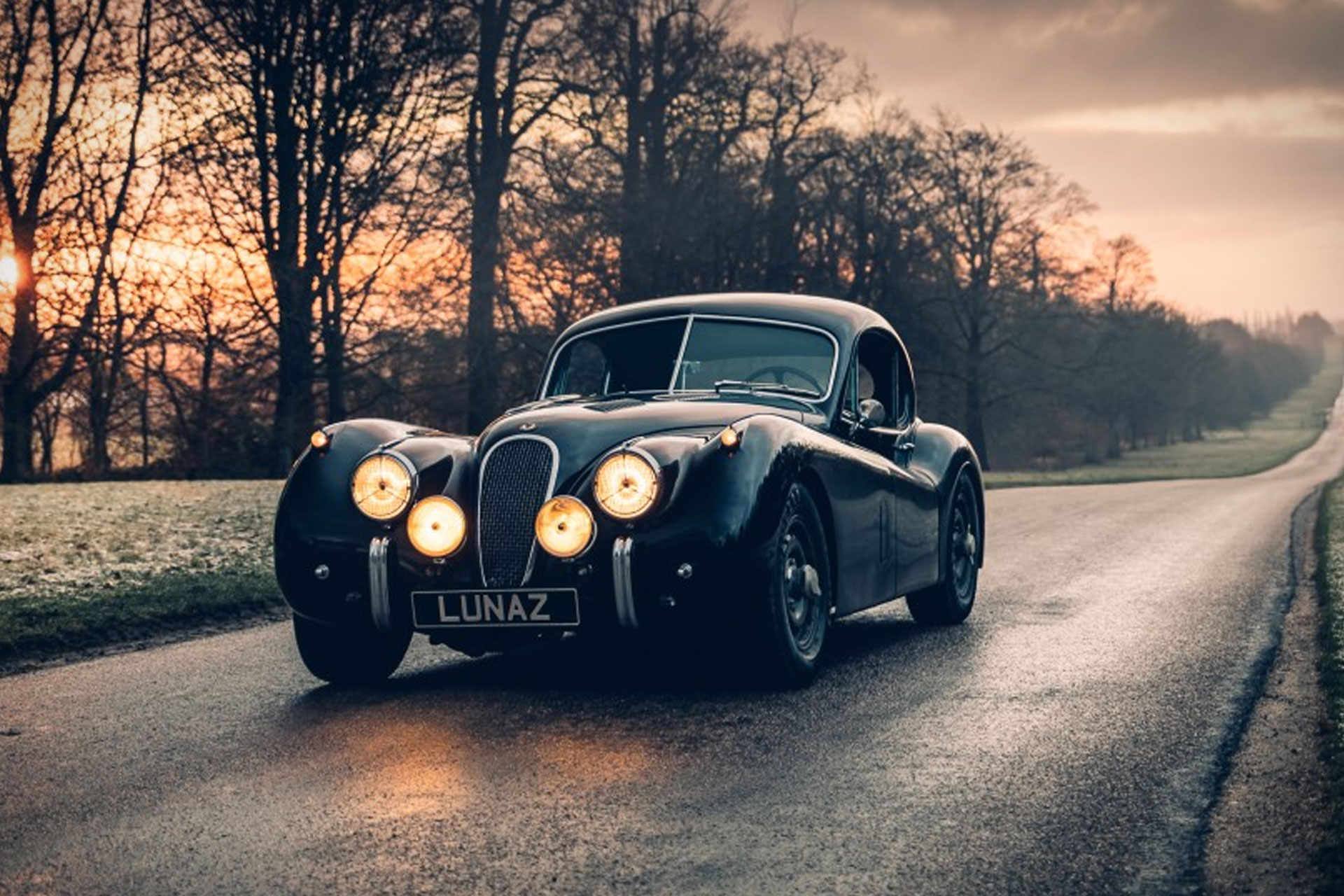
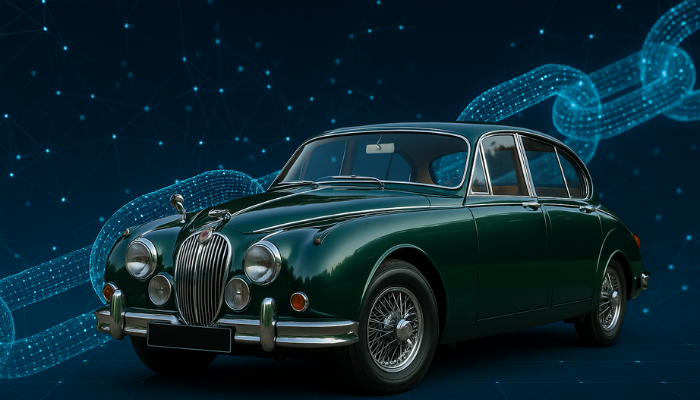
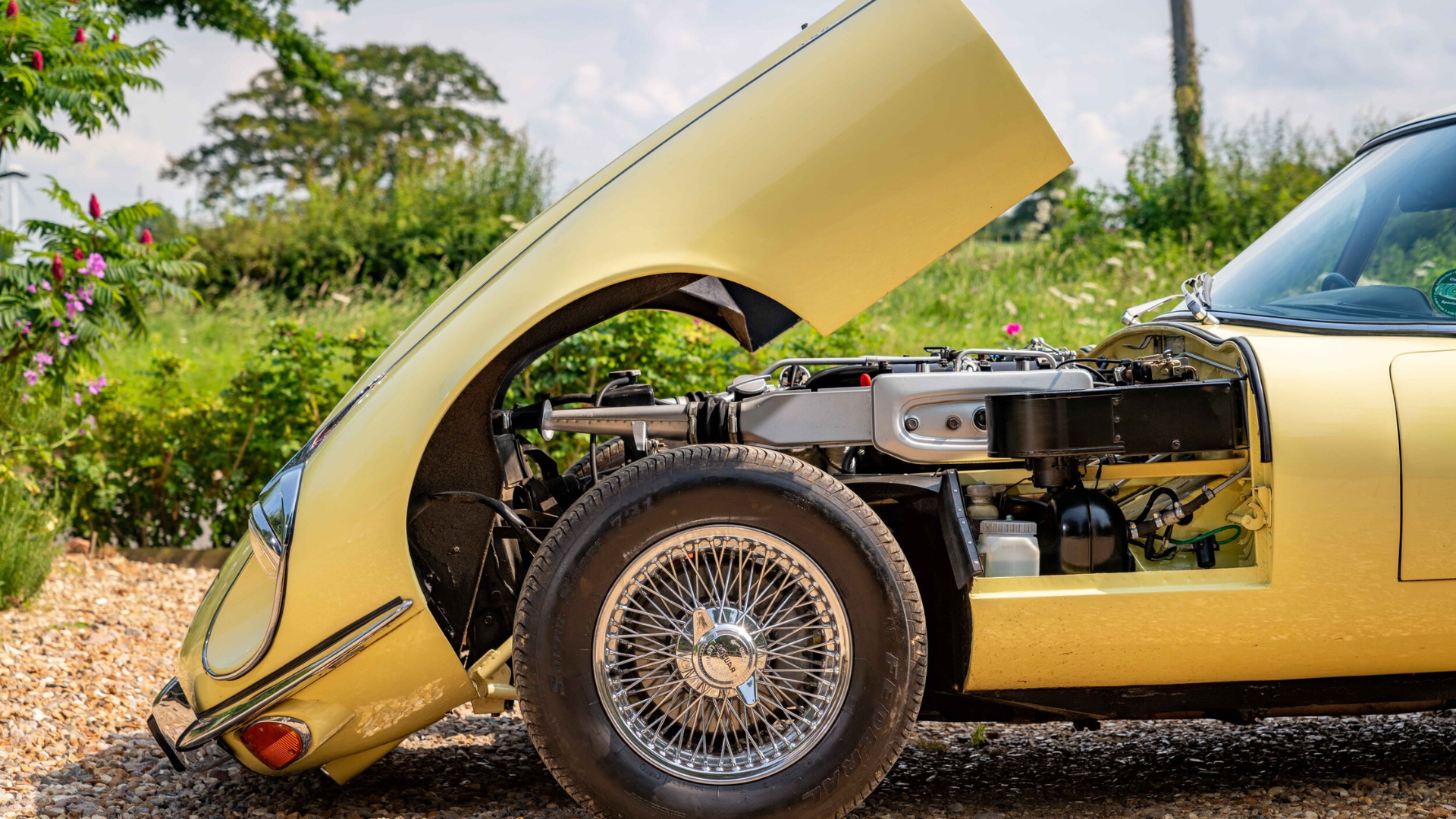
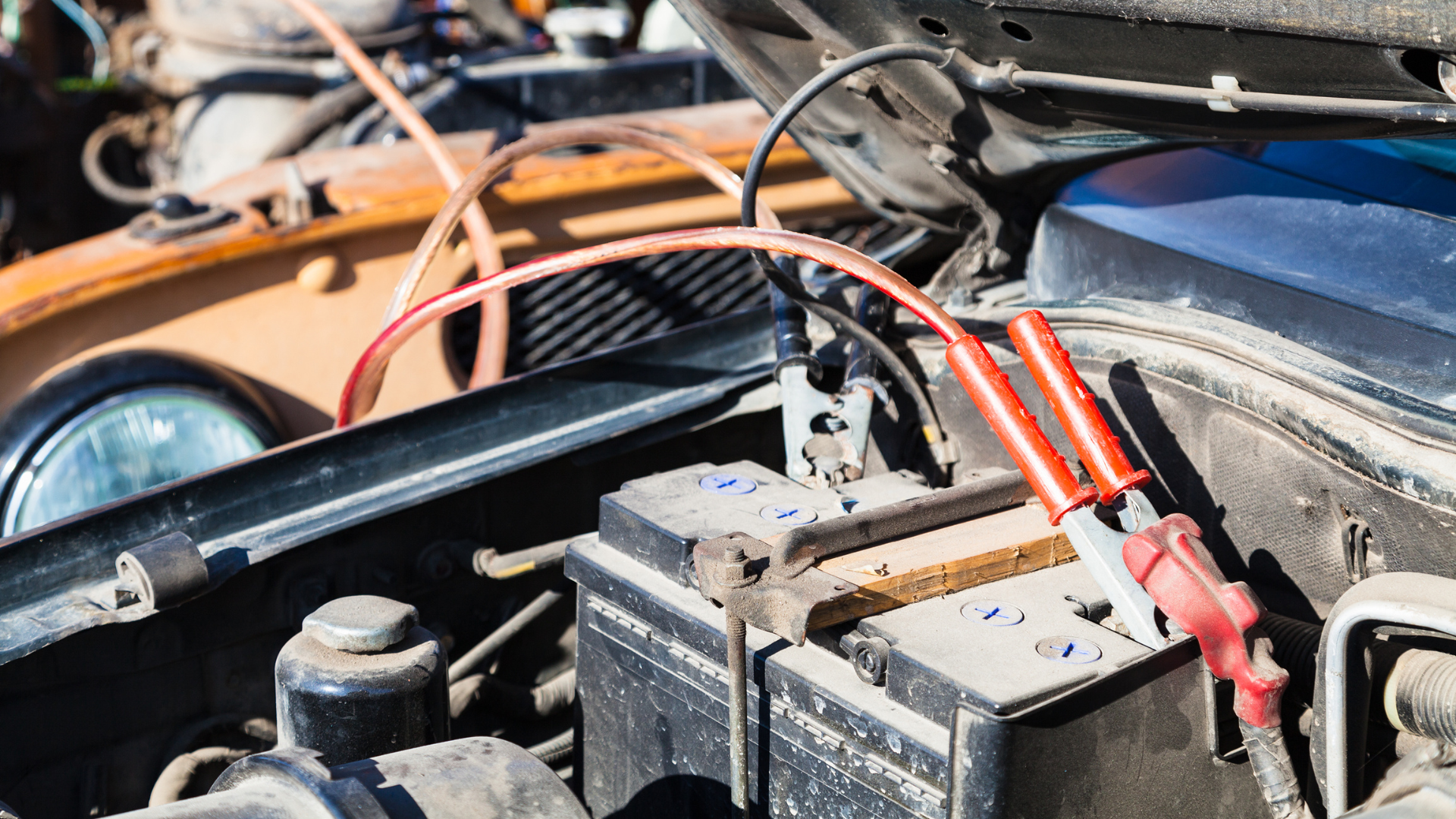

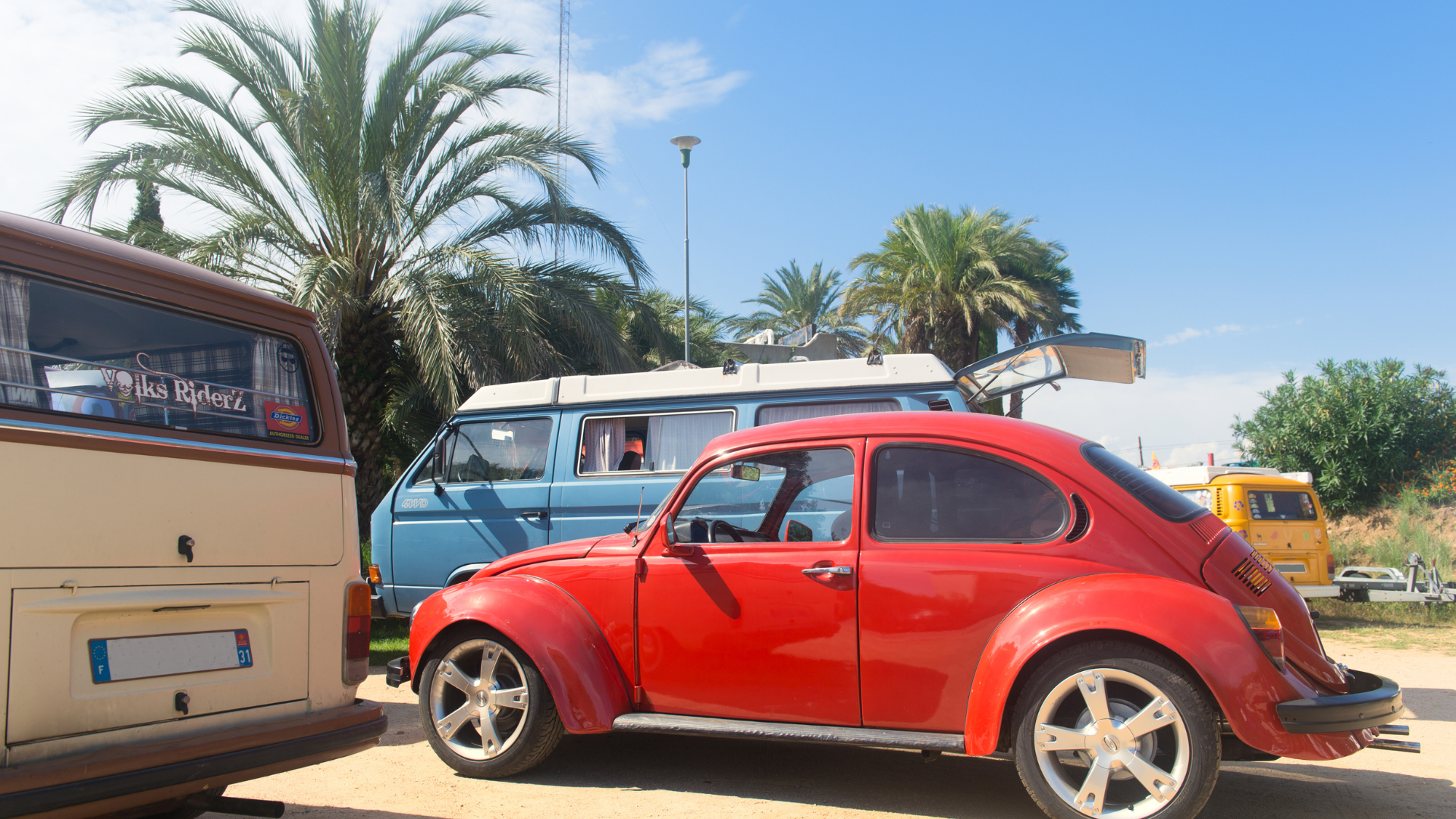
Leave A Comment